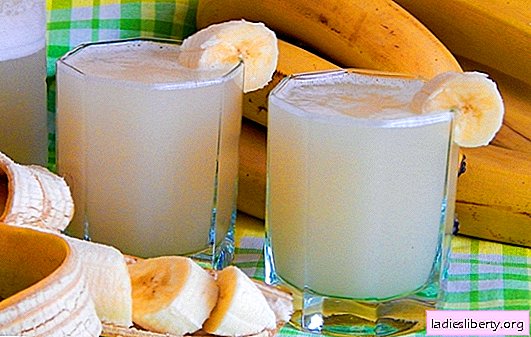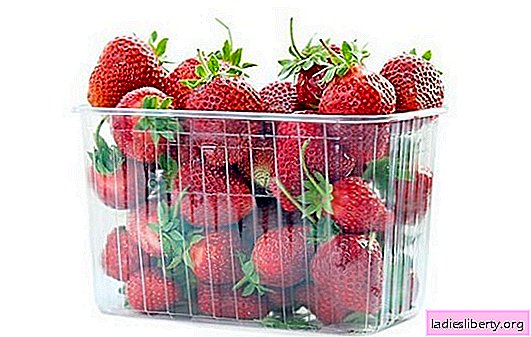
Placentophagy is the eating of the placenta inherent in many higher mammals, which is rare in human culture. Kim Kardashian and January Jones argue that eating the placenta protects them from depression. Amazon already offers books to imitate the new "culinary trend." Suppliers have even appeared on the Internet who squeeze dried placenta into capsules.
What does the placenta contain?
In addition to proteins and various vitamins, the placenta contains a high level of corticoliberin - a hormone that reduces stress. During pregnancy, the production of corticoliberin by the placenta increases dramatically and reaches a maximum during childbirth.
Even in the postpartum period, the placenta contains a very high level of the hormone. Some believe that its use can return the level of maternal hormone back to its normal range.
It is also believed that the consumption of the placenta stimulates the release of oxytocin in the brain. Oxytocin enhances uterine contractions and facilitates labor. It is believed that the hormone improves the psycho-emotional state of women and physical health.
Does the placenta help with postpartum depression?
Medical anthropologist Sharon Young of the University of Nevada in Las Vegas first checked whether placentophagy affects postpartum depression. 27 women regularly filled out health questionnaires from the 36th week of pregnancy and in the first months after birth. In saliva samples, it was investigated whether intestines absorb hormones from the placenta.
After birth, women took capsules daily for 3 weeks. In 12 women, they were filled with dehydrated and homogenized placenta. For the remaining 15 women, the capsules contained beef or a vegetarian substitute. Of course, the women were not told which pill they received.
According to the presented results, hormones entered the blood circulation of women. All 15 hormones studied were found in saliva.
However, the placenta did not cause a "stunning" effect.
According to the information contained in the questionnaires, the mood of young mothers and their affection for the child did not improve. According to Yang, a faster recovery after childbirth was not detected. Only a certain decrease in symptoms of depression was observed.
However, the number of participants in the study was too small to prove or exclude the antidepressant effect. Therefore, scientists hope for a follow-up study with a large number of participants, which may bring additional clarity.
Placenta preparations are part of the repertoire of traditional Chinese medicine. In Germany, Inplacen, Placentan or Placentubex were popular hormones in the post-war period. They were mainly offered for external use as anti-wrinkle creams.
What do other scientists think about eating or retaining the placenta?
Many modern researchers are skeptical of whether or not the practice of placentophagy is of value to humans.
A 2015 scientific review of the studies showed that there is no evidence that the placenta reduces the risk of postpartum depression and accelerates the recovery of women.
The study found inconclusive evidence that placentophagy is useful for resuming the normal menstrual cycle and milk production. The authors stated that the risks of placentophagy require further study.
A scientist who had previously studied placenta-eating animals said in 2007 that benefits have not been proven for humans. Heat treatment destroys all hormones and proteins. Drying or freezing also destroys most nutrients.
Can the placenta cause side effects and complications?
There is a risk of spreading bloodborne diseases that are present in the placenta of a foreign mother.
Manufacturers must follow proper storage and preparation procedures to prevent bacterial infection.
Researchers argue that the risks of placenta consumption still require further study.
Placentophagy is a procedure with unproven efficacy that potentially reduces the symptoms of postpartum depression. Potential health risks and effectiveness will be explored in further research.











